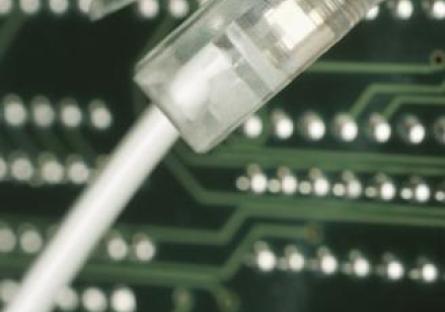
GateWay Community College, Phoenix Coding Academy Students to Help Build Mesh Network for Underserved Phoenix Community
Phoenix Coding Academy students will attend a showcase and Q&A session for the Project Phoenix mesh network on Thursday, Aug. 29, at 4:30 p.m. at GateWay Community College in the Copper Room. This is a free event; registration starts at 4 p.m.
Fifty Phoenix Coding Academy students from high schools and GateWay Community College have signed up to assist Project Phoenix with building a mesh network for an underserved Phoenix community. These will be the first students to build a mesh network in Arizona.have signed up to assist Project Phoenix with building a mesh network for an underserved Phoenix community. These will be the first students to build a mesh network in Arizona.
Mesh networks enable people to access the internet through wi-fi enabled devices that connect to each other. The Project Phoenix mesh network will serve residents between 7th Avenue and 7th Street, from Broadway to Baseline roads. More than just internet access, the mesh network will be a way for neighborhood residents to get training and experience for well-paying tech jobs.
Participants will be trained to maintain the network through a stewardship program under the Arizona Blockchain Initiative’s job training program Tech Pathways. Community partnerships will provide devices to participants so they may learn necessary skills.
The prototype is tested at the GateWay Community College CISCO lab. GateWay has been instrumental in making the mesh network a reality by hosting the network lab and offering the expertise of its IT department’s administrators, faculty and students.
“Mesh networks are crucial to giving underserved urban communities and rural areas the access they need,” said Melissa Armas, co-founder of the Arizona Blockchain Initiative. “Too many students can’t upload their homework to their school’s online system because they don’t have internet access. Adult residents of undeserved neighborhoods struggle to get jobs because most applications are online. And, since tomorrow’s workforce is going to be more remote, the cities that have a variety of ways to get connected online will be the competitive when it comes to economic development.”
Register for the free Project Showcase and Q&A session by going here.
What is a mesh network?
When you're at home, your devices usually connect to a router, which is directly connected to the internet via a modem utilizing either a phone, cable, or fiber optic line. When you're out and about -- and if your phone has a data plan -- you're connecting to and hopping between a network of cell phone towers. A mesh allows any device with WiFi capabilities to connect to each other, and then data finds its fastest way to the internet by hopping between all of the interconnected devices.
We still usually organize a mesh with dedicated devices performing a similar function to a router, because it allows us to connect these gateways to each other, which then look for an uplink that has a connection to the internet through the traditional phone, cable, or fiber optic lines. A mesh network intelligently connects all of these interconnected devices, and allows people to share an internet connection with those who may not have the means to access the internet.
The Arizona Blockchain Initiatives a 501c3 statewide Tech-Ed nonprofit focused on the social impact of decentralized technology, empowering communities by delivering access to knowledge and opportunities. It also facilitates Project Phoenix and Tech Pathways.
For more information, contact Melissa P. Armas, co-founder of the AZ Blockchain Initiative, at melissa@azblockchain.org.
Content Provided by the AZ Blockchain Initiative